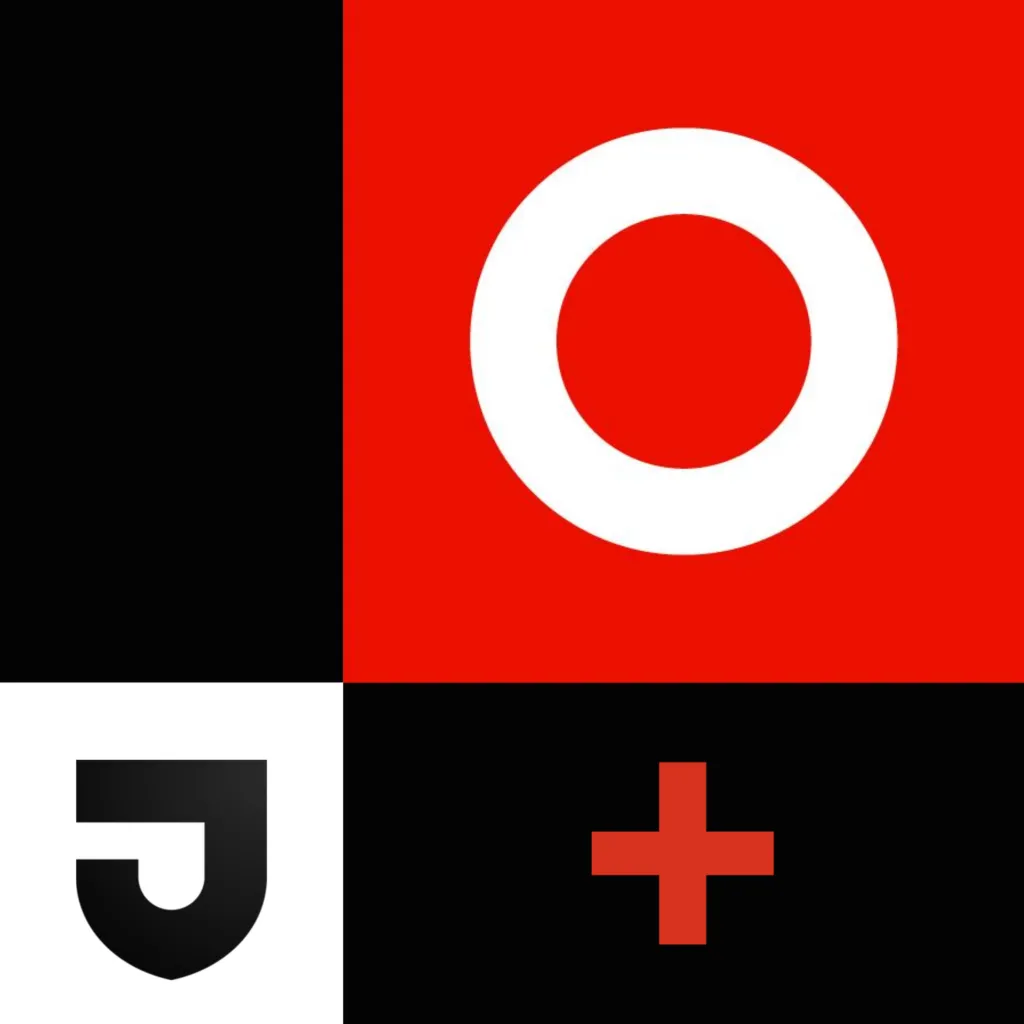Last week, O3 hosted an exploration of the intersection between artificial intelligence (AI) and healthcare innovation, titled “Empowering Patients and Caregivers: AI and Innovation in Healthcare”. Robert Pugliese, Director of Innovation Design at Thomas Jefferson University and Jefferson Health, drove the conversation. The webinar provides context on the future of healthcare, focusing on the vital role of patient and caregiver voices in shaping the industry.
Robert, who has a unique blend of design-studio ethos and a science-oriented education, discussed the exciting potential of innovation in healthcare. The central theme addressed the challenges faced by healthcare professionals, burdened with extraneous tasks that hinder their primary goal of providing optimal patient care. The hope resonated for a future where advanced systems seamlessly integration, creating a more human-centered and efficient healthcare experience.
Breaking down the hospital experience:
One key example highlighted the breakdown of the hospital experience. Robert shed light on seemingly minor problems and inefficiencies in healthcare experiences that significantly impact various stakeholders, including patients, families, clinicians, and staff. The emphasis was on utilizing technology and different systems to address these issues comprehensively.
One example was from a hospital visit where a nurse’s mother faced challenges reaching the toilet paper due to physical limitations. This seemingly small problem led to frequent assistance through the call bell system, highlighting the impact of non-standardized designs and non-specialized equipment. When considering the time that caregivers spent helping with this specific use case, you can see how these problems can compound into thousands of hours each year The conversation broadened to consider the universal implications of such challenges on patient autonomy, staff workload, and the overall healthcare experience.
AI in real life:
Following the conversation, a AI use case demonstration was led by Mike Gadsby and Josh Friedman. The focus was on a scenario familiar to healthcare professionals—a nurse calling out for a shift unexpectedly. Currently, adjusting schedules is a time-consuming and highly manual process. The demo showcased the transformative power of AI. Using curated datasets, the simulation illustrated how AI can automate routine tasks like scheduling based on nurse availability and calendars, saving significant time for healthcare professionals. The practical application demonstrated the potential of AI to streamline these mundane processes, allowing healthcare workers to focus onenhancing the quality of patient care.
The webinar not only identified challenges but also presented tangible solutions, emphasizing the role of AI in revolutionizing the healthcare industry. With the right access and data privacy, a future where these become the reality is in sight. O3’s commitment to fostering innovation and empowering patients and caregivers was evident throughout, making the event a landmark in the ongoing dialogue about the transformative potential of AI in healthcare. It’s clear that the fusion of AI and healthcare innovation holds the key to a more efficient, patient-centered, and compassionate future in healthcare.
O3 helps organizations unlock growth and streamline operations through smart strategy, human-centered design, and integrated technology. We’re also the force behind the 1682 Conference, where leaders explore how AI shapes profit and process. Learn more about our work and innovation.
